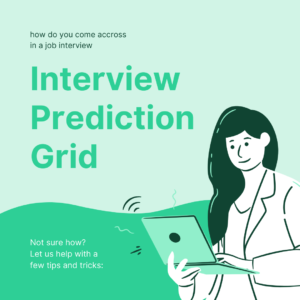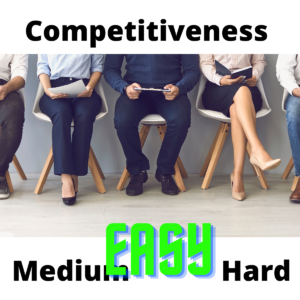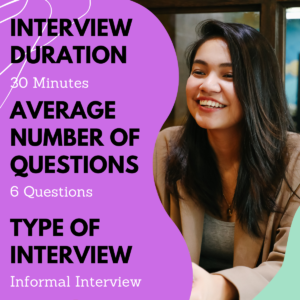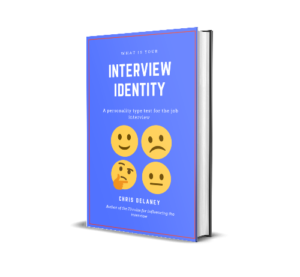Passing job interviews is hard! But it can be even harder when applying for a position when you have no experience in that sector, or for graduates with no experience what so all.
So how do you answer the “what is your experience?” interview question when you have never worked in this role before? This article will teach you one of the techniques to get around this tricky interview question.
First, you need to think about your employability skills and where you gained these skills from.
Many people have volunteered, worked part time while at college or undertook work placements.
When you have never worked in the sector your applying for before, you need to still be able to pull up stories that highlight your skills from previous experiences. A technique to help your creative juices flow is to mindmap skills. Write down a skills “customer service” and mindmap when you have used/or where you gained this skill from
The technique is a 3 step approach to answering the interview question “what is your experience” when you have never worked in this job sector before.
When asked this interview question you need to Step 1. Answer the question in the first answer
As an example, if you have been asked “what is your customer service experience” (applying for a retail position) you can summarise your customer service experience “I have over 2 years of customer service experience”
By stating that you have X years’ experience in this skill, the interviewer will be intrigued and will want to listen to the rest of your interview answer. If this example your customer service experience doesn’t have to be in a retail setting, as customers come in all shapes and forms. If you were, let to say a scout leader, then your customers are your scouts and their parents.
Step 2. Give an example “an example of my customer service experience is when A, B and C…” again the example doesn’t have to be shop related when applying for a retail role, but it does have to highlight your experience in customer service. This second stage is about you explaining how you possess these required criteria. Really sell yourself here.
The final step, Step 3, is to relate your experience to the position you are applying for. Ideally, if you have direct experience in a similar role, you would use this as your example. But because you are using a different context to highlight your experience you need to make it relevant to the employer.
“…this is the same approach I would use in your store if a customer asked X I would A, B and C…”
The 3 Step Approach
The technique to highlight your skill base (because you have no direct experience) is to
Step 1 Answer the question in the first sentence
Step 2 give an example of you using the skill
Step 3 to make the experience relevant to the job role by explaining how you would do X in their company.
In most interview situations, the interviewee who lacks experience will often just state that “I haven’t really done that before.”
This type of answer will only lead to a lack of job offers. Most employers when recruiting low-paid positions are more interested in people’s work ethic, commitment and skill base, as they are willing to mentor and train new employees which is why the wage is set low.
Employers looking for high-paid staff required highly experienced employees who can join their company and with only a quick indication can carry out the required job duties.
By explaining how you have the skill and how you will transfer this skill to the new role the employer will see you as a positive investment.








